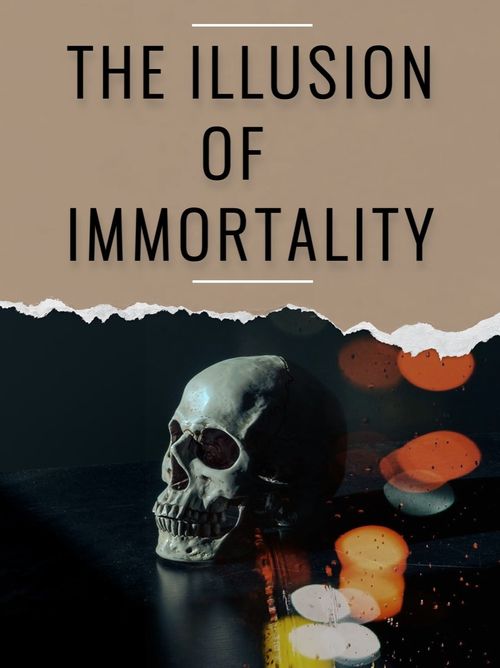The reason people act like they’re never going to die
Oct 18, 2021 · 2 mins read
0
Share
Our brains are wired to view death as something that only happens to other people. According to research at Bar Ilan University in Israel, this is to protect us from existential threats and keep us living in the present.
Save
Share
The mind works like a prediction machine. It uses information to forecast what will happen in similar situations in the future. But whenever the prospect of death enters the equation, the brain's capacity to predict falters.
Save
Share
Although death is a certainty, the human mind is skilled at avoiding reminders of its own mortality. It will ignore terminal predictions about the self and classify death-related information as something that applies to other people. We reflexively think: “It won’t happen to me.”
Save
Share
It’s unknown how this protective mechanism operates at a neuronal level, but it’s possible that it develops early on in life when we begin to realize that everyone eventually dies and that there’s nothing that can be done about it.
Save
Share
Researchers at Bar Ilan University conducted studies to measure how our fear of death impacts our ability to accurately predict the future. In one test, volunteers were shown images of faces flashing on a screen (including their own face) while their brain activity was monitored.
Save
Share
Whenever a face appeared, it was accompanied by a word – and 50% of the time, that word was death-related (e.g. ‘grave’). This followed a pattern, giving subjects a chance to anticipate what would come next, until the sequence ended with a random face that broke the pattern.
Save
Share
The brain responded by registering a signal of surprise, as the final image clashed with its prediction. But when subjects saw their own face with a morbid word beside it, the brain’s automatic prediction system shut down. No matter what came next, it wouldn’t register surprise.
Save
Share
This suggests that the brain has an instinctive ‘defense’ mechanism that staves off existential fear by blocking out links between ourselves and death. In another experiment, subjects were shown videos clips of faces (including their own) gradually morphing beyond recognition.
Save
Share
The volunteers had to press a button right when they felt the face’s identity had changed. As with the first experiment, words would appear above the faces. And, again, the results showed a similar bias in perceptual judgment between other people’s faces and the subjects’ own.
Save
Share
These findings, published in NeuroImage (November 2019), mark the first evidence of a plausible “neural-based mechanism of death-denial.” But whether evolution conditioned us this way for survival, or whether it’s due to an increasingly death-phobic society, remains to be seen.
Save
Share
0
